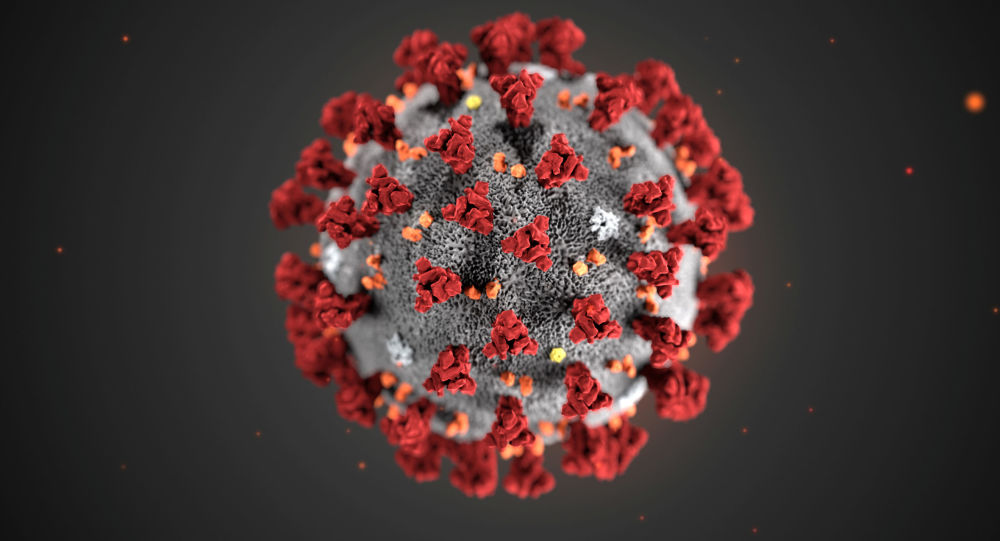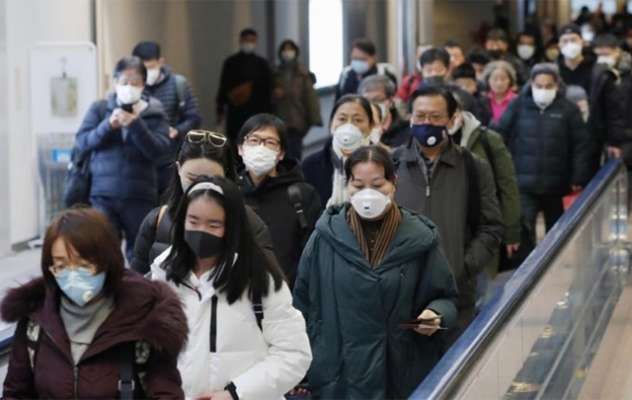Novel Coronavirus (2019-nCov)
What is the Corona Virus?

A coronavirus is a kind of common virus that causes an infection in your nose, sinuses, or upper throat. The coronavirus, which is currently a concern, is called the novel coronavirus (2019-nCov). It is also called as Wuhan coronavirus because it was first identified in Wuhan, China. It is a contagious virus that can cause a respiratory infection and can transmit from human to human.
Who is affected?
The outbreak of the virus has been maximum in China. However, there have been cases reported in 18 countries across the world so far.
What are the symptoms?
The symptoms of coronavirus are runny nose, coughing, sore throat, and sometimes a fever. Please note that most of these symptoms are quite similar to a common cold or a respiratory tract issue but everyone showing these symptoms is not necessarily affected by coronavirus.

How does It spread?
It can spread from animals to humans or humans to humans.
Is there a vaccine against the virus?
Since the outbreak of this virus has been pretty recent, there is no vaccine available yet. Some organisations in US, Canada and Hong Kong are doing a research to develop the vaccine. However, a vaccine needs to undergo thorough trials and testing before it is available to the common population. So, it may take a while before we get ourselves vaccinated against this virus.
What precautions can we take?
As per WHO guidelines, we can all do the following things to ensure our own and other people’s safety:
Protection from sickness
1. Wash your hands with soap and running water when dirty. Wash them frequently when not dirty.
2. When coughing or sneezing, cover your mouth and nose. Throw the tissue into closed bin immediately. Wash your hands afterwards.
3. Avoid close contact with other people if you’re sick. Do not spit in public. Seek medical help immediately for cold, cough or fever.
Food safety
1. Use different chopping boards for raw meat and cooked foods.
2. Sick animals and animals that have dies of a disease should not be eaten.
3. In areas affected by the outbreak, meat products can only be eaten if they are cooked properly and handled safely in preparation.
Travel safety
1. Avoid travel if you have fever or cough.
2. Avoid close contact with people/animals that are sick.
3. If you fall sick while traveling, seek medical help immediately.
4. Eat only cooked food.
Rate Now
